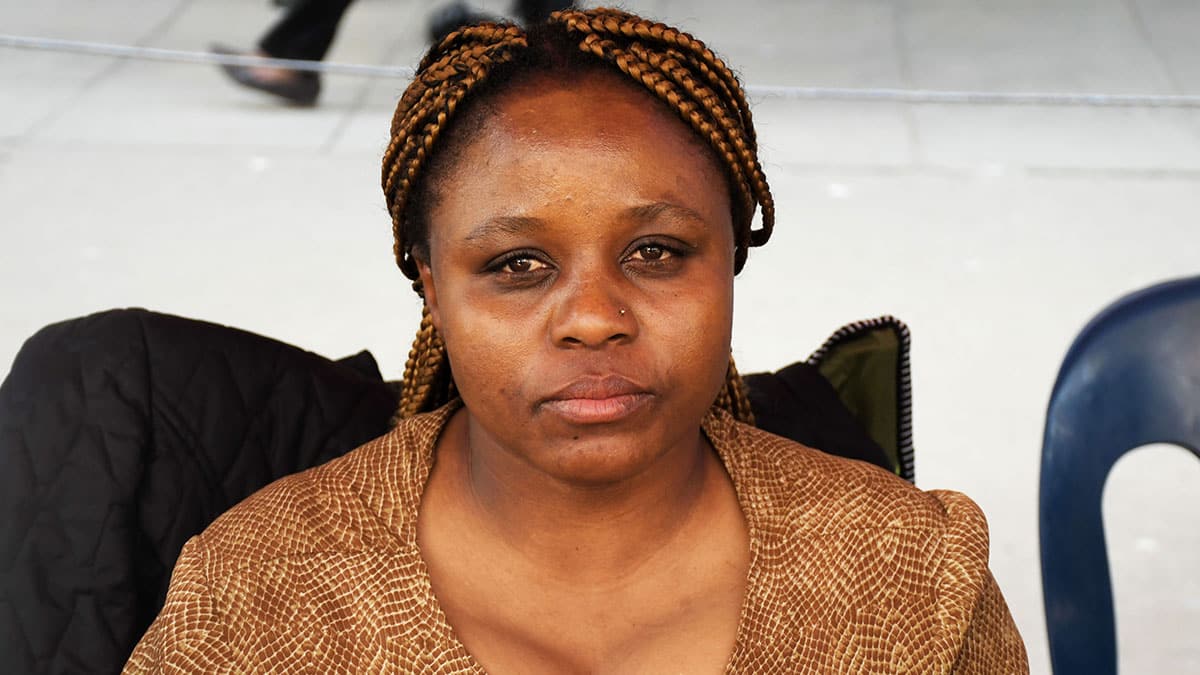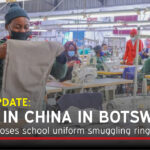Drop in inflation yet to impact the shelves
Having peaked at an eye-watering 14.6 percent back in August last year, inflation has gradually been on a downward spiral.
This dropped to a morale-boosting 1.5 percent in July, the lowest in the country for the last three years and way below Bank of Botswana’s target range of 3 – 6 percent.
Despite this seemingly good news, the low inflation rate has had little positive impact on the cost of living, with many still struggling to make ends meet or notice any difference to their shopping bills.
“It has affected my business because things are expensive in shops and it is very hard for me to have enough stock for my customers. This has even forced me to increase my prices, which chases away customers. Prices haven’t gone down at all, things are still costly! We hope that in the next months things will change but for now it’s not practical to reduce prices because we have to balance things,” explains 26-year-old street vendor, Amogelang Jenamiso, who runs a ‘munch and sip’ business specialising in smoothies.

Similarly, Tshimologo Mabaya, 26, bemoaned the lack of reduction in commodity prices despite the declining inflation rate.
“It has become difficult to buy stuff because prices have doubled and salaries can’t cope either. I’m yet to experience any price decline as I go around the shops, hopefully it will happen gradually,” she said.
A quick Voice Money outing to the Gaborone supermarkets on Monday lunchtime paints a depressing picture; food is expensive!
Staples such as maize meal and sorghum meal are trading at an average of P94.95 and P79.95 respectively, way up from previous prices of P60 and P50.
Giving his thoughts, Ogolotse Moganiwa, a trader in fruits and vegetables, feels months of rising inflation has taken its toll on shop prices, with the recent import ban of veggies compounding the problem .
“There is no business because people feel things are expensive. We try to maintain stock at all times though it comes at a big cost. The import ban had even made things worse because procuring stock from locals is expensive but at the end of the day customers want goods which are cheap no matter the costs you incurred,” moaned Moganiwa, who fears there is less potential to make money in the horticulture sector.
Firm favourites such as flour, rice and sugar remain steep, averaging out at P125.95, P113.45 and P148.95.
During the pre high inflation days, these items were selling at P89.95, P100.00 and P115.95 per 12.5 kg.
It’s not all doom and gloom, however, with 2-litre cooking oil, which started the year at P90, fizzling down, rounding off at P49.
“It’s bad out there, we don’t buy our stuff locally and their prices have gone up. In addition, there are clearance fees at the border and that makes things worse. So from there, when you tell customers how expensive things are, they decline to buy because they want cheaper prices. There are no profits because we spend much on stock and clearances; the market is saturated and prices are still as high as before: there is no change at all,” shared Tshenolo Pearl Mogotsi, who sells clothes in Main Mall.

For Goitseone Musonda, a 30-year-old design agency owner, any pending drop in prices is a pipe dream price.
“We have been affected in terms of how we provide services to people because it has become costly to operate a business which means services also becomes expensive for the consumer. Maintaining day-to-day activities is expensive, so is acquiring resources. I don’t expect any price reductions because once prices are high it’s always difficult to go back to a lower figure,” he said.
Reached for comment, Senior Statistician-Prices Unit at Statistics Botswana, Rejoice Mbalekelwa warned that a drop in inflation doesn’t automatically correspond to a drop in prices.
“Inflation compares prices between two different period of time, in this case two months. So prices can be high but contributing zero to the inflation. For us here in Botswana, prices moved to a higher level just once in 2022; so what is being experienced now is high prices but not high price changes,” explained Mbalekelwa.
Since 1997, Botswana’s inflation has averaged 6.90 percent, reaching an all time high of 15.06 percent in November 2008 and a record low of 0.90 percent in June 2020.


















